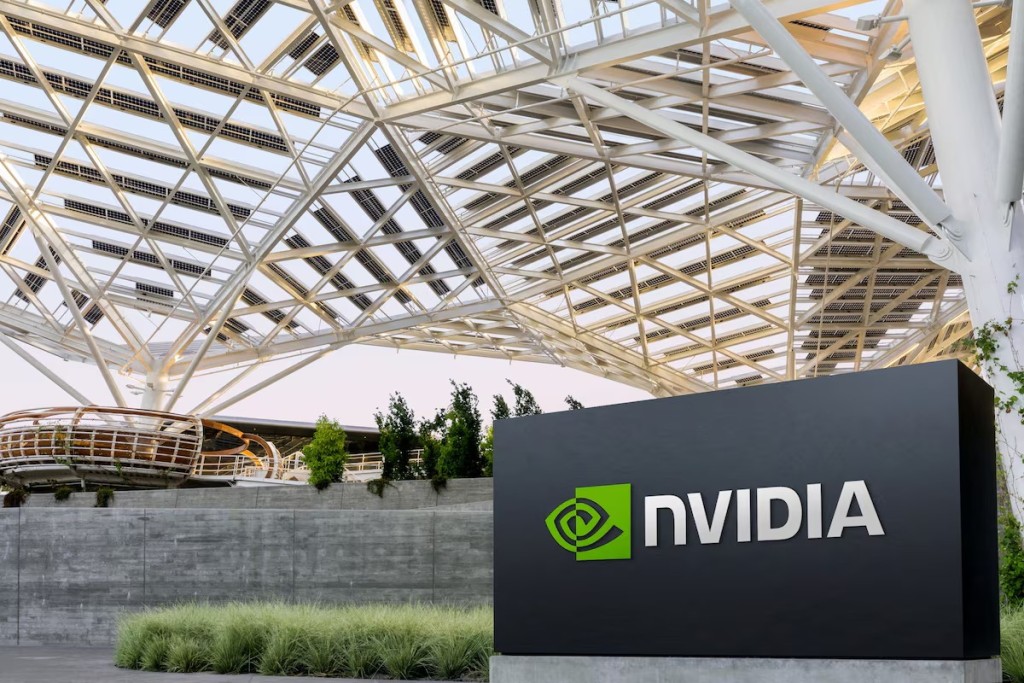Navigating the Future of AI: Innovations, Challenges, and Implementations
Author: Tech Reporting Team

Artificial Intelligence (AI) is transforming the landscape of technology and business at an unprecedented pace. Innovations, partnerships, and products are emerging globally, demonstrating AI's potential to enhance communication, productivity, and data management. In particular, AI is gaining importance in areas like language translation, personal productivity, and even safeguarding user data. This article will delve into recent developments in AI, particularly from the perspectives of different global innovators and technology showcases.
One of the most notable initiatives is aimed at preserving the Inuit language, Inuktitut, through innovative AI applications. Kirt Ejesiak, the founder and CEO of AingA.I., identifies a significant gap in Inuit representation within the AI industry. To address this, he developed an AI-powered translation and interpretation application that not only aids in language preservation but also promotes cultural identity among Inuit communities. This application demonstrates how indigenous knowledge can be integrated into modern technology, showcasing the power of AI in revitalizing languages that are at risk of extinction.

Kirt Ejesiak, founder and CEO of AingA.I., focuses on AI to promote and preserve the Inuktitut language.
As the world becomes increasingly interconnected, the need for real-time translation is more critical than ever. Events like IFA 2025 are pivotal for showcasing new technologies designed to meet this demand. One such product is the OpenNote Earbuds by viaim, which were presented as lifestyle productivity devices combining premium design with AI functionalities. These earbuds, equipped with features such as instant recording, real-time transcription, and smarter summaries, resonate with professionals and creatives looking to blend efficiency with comfort. The ethos of viaim's design philosophy is to ensure that productivity does not compromise user connectivity or comfort.

viaim's OpenNote Earbuds designed to enhance workplace productivity and creativity.
However, as with any emerging technology, there are inherent challenges, particularly around data privacy. The discourse surrounding AI's impact on personal data protection is gaining traction. Many firms and individuals are becoming increasingly concerned about how their data is collected and managed by AI systems. As outlined by discussions in the industry, such as those found in the article 'How to Prevent ChatGPT From Using Your Data?', users must take proactive steps to safeguard their information. Privacy settings and understanding how data is utilized by platforms like ChatGPT is crucial for ensuring secure online interactions.
In parallel with technological advancements, geopolitical dynamics are also influencing the AI market. Recent reporting on Nvidia's H20 AI chips suggests a potential windfall of $2 billion to $5 billion from sales in China, contingent upon easing geopolitical tensions. The CFO of Nvidia highlighted this possibility during discussions, showcasing the intersection of AI innovation with global market strategies and the complex nature of international trade.

Nvidia's H20 AI chips could generate substantial revenue, reflecting the intertwined nature of AI technology and international relations.
Additionally, the growing implications of AI have prompted political action, as demonstrated by Alaska's recent coalition efforts to combat Big Tech's influence, particularly relating to online safety for women and girls. This move highlights the need for regulatory frameworks that govern how technology interacts with personal safety and societal norms. By pressuring tech giants to address issues such as hate speech and fake content, policymakers are pushing for a more responsible tech landscape.
As AI continues to permeate various sectors, the intersection of technology, culture, and global politics becomes increasingly pronounced. This evolving narrative underscores the importance of not only developing innovative technologies but also advocating for ethical standards and practices in AI deployment. Whether through preserving languages, enhancing productivity with smart devices, managing user privacy, or navigating the complexities of international trade, the role of AI is expanding, requiring stakeholders to actively engage in these discussions.
In conclusion, the future of AI holds immense promise as well as significant challenges. As stakeholders from various sectors come together to drive innovation, the emphasis on cultural representation, ethical implications, and regulatory oversight will be critical in shaping a balanced approach to AI. The innovations at events like IFA 2025, the proactive measures advocated for user data protection, and the ongoing political pressures against Big Tech all signal a dynamic period in the evolution of AI technology.
Addressing the cross-cutting themes of innovation, data privacy, and the societal impact of AI, this article aims to foster a deeper understanding of the current landscape of artificial intelligence. The next wave of AI advancement will not only focus on technological enhancements but also on the societal implications of these innovations, ensuring technology serves humanity in an equitable and responsible manner.